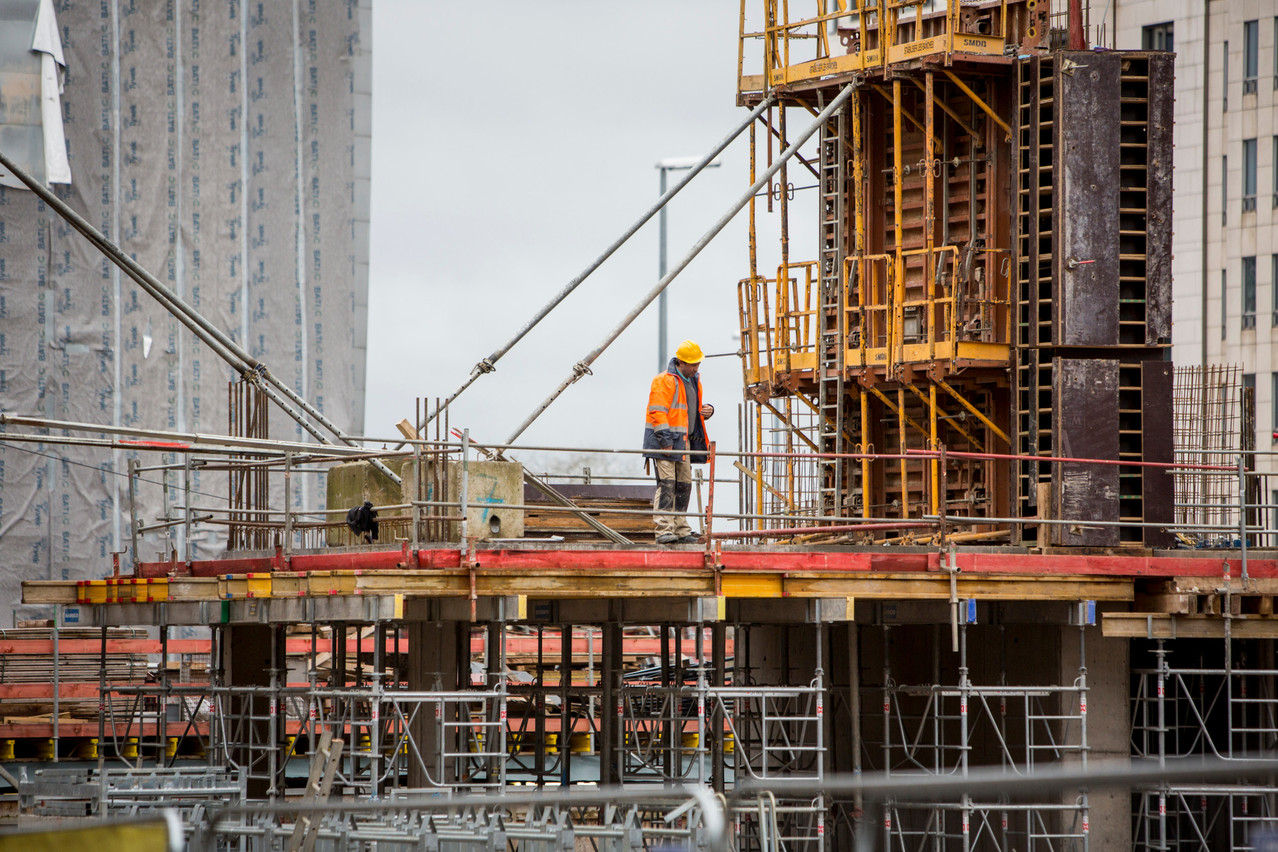Housing in Luxembourg not only remains a focal point for political and social reasons but also presents economic and employment concerns, thus leaving a much . But before diving into the current housing market conditions, let’s take a step back for a broader perspective.
Following the 2008-2009 financial crisis, the European Central Bank pursued a loose monetary policy to boost consumption, resulting in a booming housing market in Luxembourg. High disposable income, limited supply and competing demand from incoming workers meant that price increases outpaced household income increases for over a decade, according to data from the national statistics bureau, Statec. This structural imbalance--the difference between the number of new houses needed (demand) versus new houses built--kept widening. For example, Luxembourg’s resident population grew by nearly 123,000 individuals between 2011 and 2020, while only about 25,400 housing units were built in the same period. Thus, every year, with population increase far outstripping housing , the demand and supply gap has kept pushing the prices up and up. The net result is that Luxembourg house prices are among the highest (and one of the most ) in the EU.
Tide of change
However, starting mid-2022, the ECB started increasing benchmark banking rates to tame the exceptional rise in inflation, which in turn resulted in mortgage rates jumping from about 1.5% in Q2 2022 to nearly 5% as of Q2 2024. This has had a profound negative effect on household , effectively pushing a substantial share of expected buyers out of the market. Moreover, between 2022 and 2023, household consumer prices rose 9%, while the average wages increased 7.6%. In simpler terms, households found themselves with fewer real savings as the rise in expenses outpaced the increase in income.
Tug of forces
There are four variables that can influence the enthusiasm of homebuyers to enter the bidding fray. Firstly, there’s the necessity for wages to see a considerable rise, thereby boosting the net disposable income. However, with Luxembourg wages indexed to consumer prices and inflation, and only one potential 2.5% increase in wages in the last quarter of 2024, this factor alone is unlikely to stimulate the housing market anytime soon.
Secondly, mortgage rates, currently just below 5%, need to undergo significant moderation. While the ECB is anticipated to initiate a 25bps cut as early as June 2024, with two more similar cuts expected until December, stubborn inflation rates in the US could delay one of the potential three rate cuts. Consequently, while rate cuts are expected, a 0.5 to 0.75 percentage point drop may not be sufficient to reignite buyer interest.
Read also
Thirdly, and perhaps most anticipated, is a substantial decline in house prices. have already dipped by 14% in Q4 2023 compared to a year ago for existing apartments, with a 5% drop in newly built or to-be-built apartments, according to Statec. However, an increasing number of construction companies are declaring bankruptcy, indicating a shortage of available construction jobs. It is possible that homeowners are less inclined to undertake renovations, and new building projects are either delayed or halted altogether in the face of price pressures.
Finally, a fourth factor is government fiscal support, such as the announced in January 2024, which did not have a significant impact (). If this trend persists, the government may need to either wait for market forces to take their course (further price correction) or allow secondary and institutional players to enter the market. Either way, potential buyers are likely to remain on the sidelines, at least until the end of 2024.
This article first appeared in the issue of Delano magazine.
